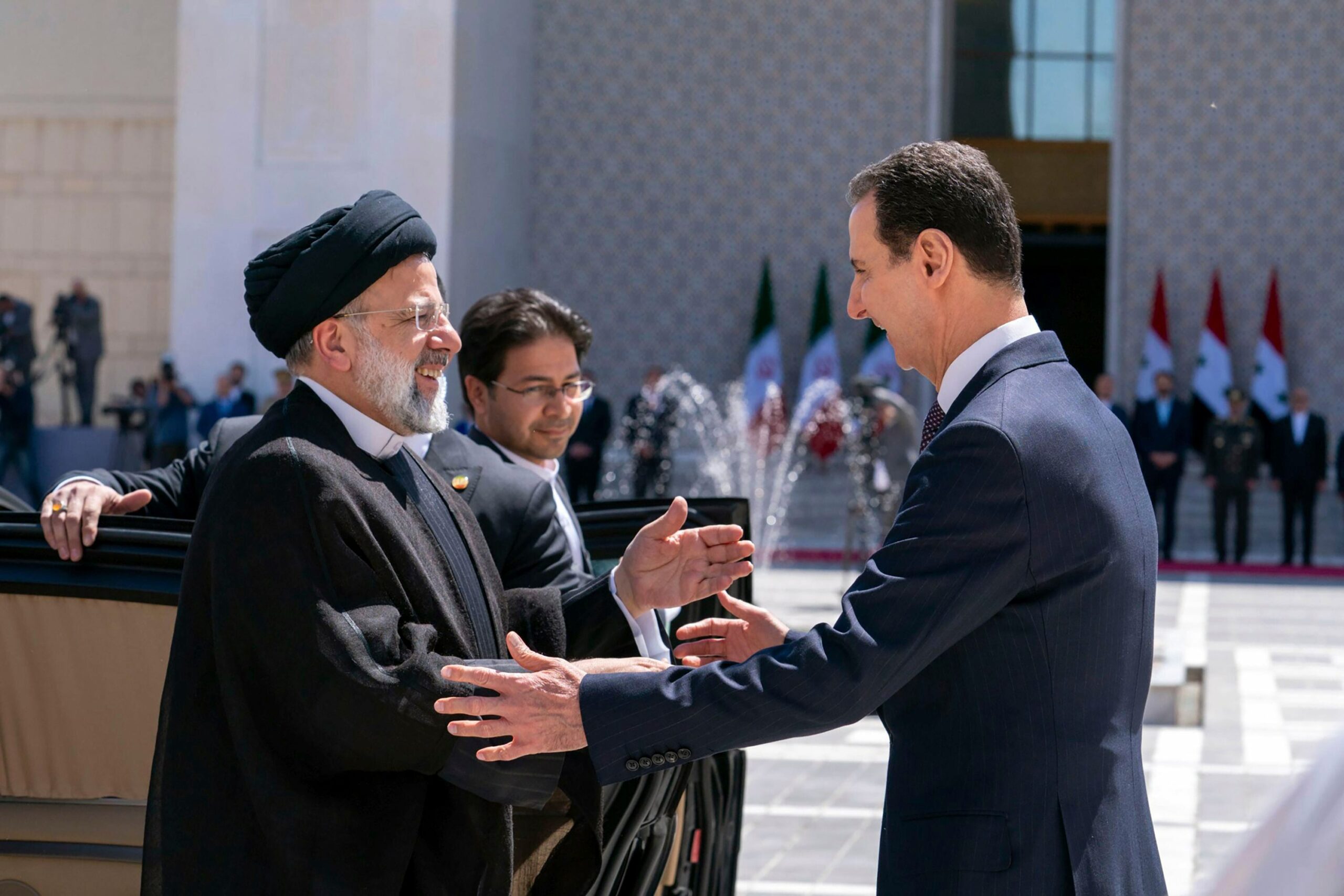
ARMS CONTROL & NONPROLIFERATION :
The proliferation of nuclear, chemical, and biological weapons of mass destruction (WMD) and their delivery systems, advanced conventional weapons, and related materials, technologies, and expertise presents a grave threat to the security of the The international Community and international peace.
North Korea, for example, pursues nuclear weapons and ballistic missiles in defiance of its international obligations, destabilizing Northeast Asia and increasing the risk of nuclear war. The Iranian regime develops ever more capable ballistic missiles and proliferates them to regional proxies and terrorist forces. Both ISIS and the Assad regime in Syria have used WMD. Russia and China have increasingly potent and diverse WMD and missile arsenals, and they provide advanced arms to partners and proxies in various regions.
The United States Rule of Law Institute ’s expert analysts and senior staff are available for interviews and background briefings for International Communities. Please email us on :
PUBLIC AFFAIRS SECTION
ARN@Usinstitute-ruleoflaw.com
INT ORGANIZATIONS
NRT@Usinstitute-ruleoflaw.com

List of countries covered by the Regional Offices
ARMS CONTROL, VERIFICATION, AND COMPLIANCE OFFICE (ARVC)
AVC helps to form key strategies and goals of the U.S RLI on arms control. These strategies and goals cover two broad areas: 1) assisting the international communities and other nations in negotiating arms control and disarmament treaties and 2) creating strong relationships with other nations to aid in the implementation of treatie
REGIONAL SECURITY AND NONPROLIFERATION (RSN)
RSN’s mission is to prevent the spread of WMD, delivery systems, and advanced conventional weapons capabilities and to roll back such proliferation where it has already taken root. RSN tracks, develops, and implements effective responses to proliferation threats and shapes the international security environment to prevent their recurrence.
DEFENSE TRADE OFFICE (DFO)
the United States Rule of Law institute takes into account political, economic, arms control, and human rights conditions in determining the provision of military equipment and the licensing of direct commercial sales to any country. Each proposed transfer we review is carefully assessed on a case-by-case basis, and approved if found to further U.S. foreign policy and national security interests.
FOREIGN MILITARY SALES (FMS)
The FMS sales process begins when a country submits a formal Letter of Request (LOR). Ideally, this includes both a desired military capability, and a rough estimate of what the partner is able to spend. Sales are approved following U.S. government review and, when required, after Congressional notification. After the sale is approved, the DSCA issues a Letter of Offer and Acceptance (LOA) specifying the defense articles, training, and support being offered for delivery. Major FMS sales formally notified to Congress are publicly announced on the DSCA

